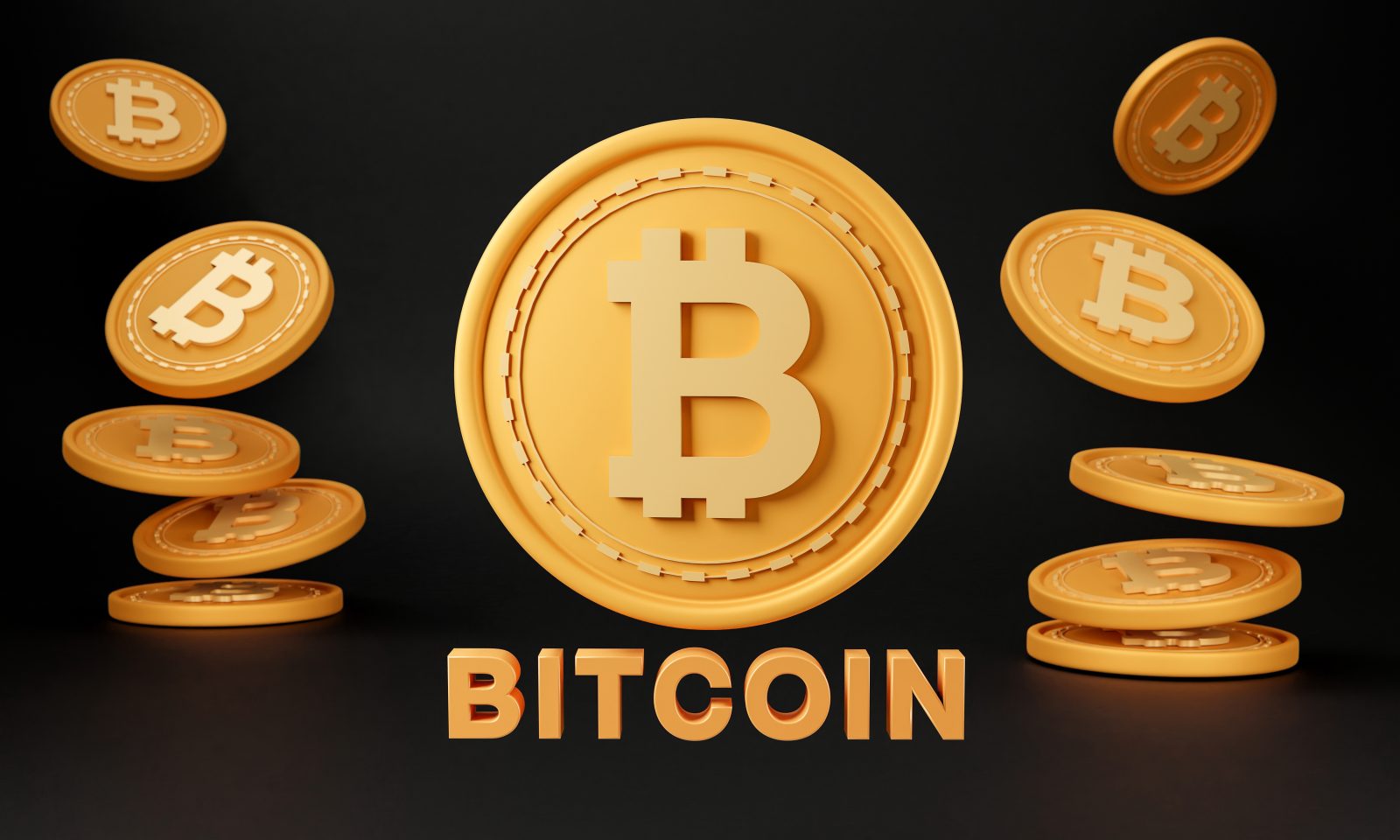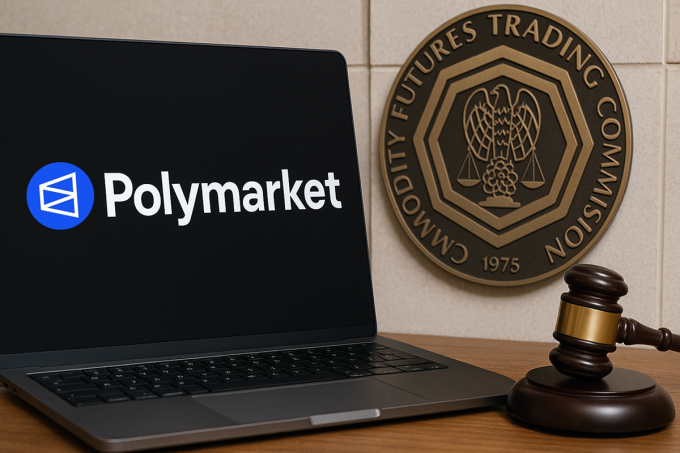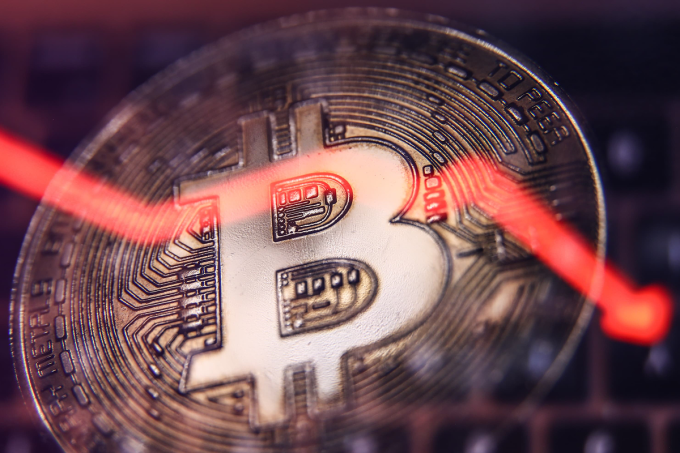Opening Paragraph
Japanese tech holding company Metaplanet has just acquired 5,419 BTC for $632.5 million, catapulting its total holdings to 25,555 BTC and pushing it past Bullish to become the fifth-largest corporate or public entity with a Bitcoin treasury. The acquisition, made at an average price of about $116,724 per coin, comes amid Bitcoin trading volatility—testing how companies manage exposure when purchase prices are significantly above current market value.
Accumulation Strategy & Metrics
Metaplanet’s recent purchase pushes its total Bitcoin reserve value to roughly $2.71 billion, based on prevailing price levels. Its average cost basis now sits around $106,065 per BTC, meaning the fresh tranche was bought at a ~10% premium over its existing holdings’ average. The move follows Metaplanet raising approximately $1.4 billion to fuel its BTC accumulation plans, with management describing the latest purchase as “just the first tranche.” Another player, Capital B, also added 551 BTC (~$64.3 million) at nearly the same average price, bringing its reserves to 2,800 BTC.
Market Impact & Share Reaction
Despite the large-scale purchase, both Metaplanet and Capital B saw their shares fall. Metaplanet’s stock dropped about 3%, trading at 589 yen, while Capital B slipped approximately 1%, with its shares near 1.14 euro in European markets. Both are substantially down from their all-time highs—Metaplanet about 73% below, and Capital B roughly 81% under their peaks. The share decline reflects investor concern about buying Bitcoin at elevated prices amid a market pullback, as Bitcoin itself recently dipped to $111,700 before bouncing back toward $113,000.
Strategic & Psychological Layers
For many institutional and corporate investors, piling into Bitcoin is both a hedge and a bet. Metaplanet’s aggressive accumulation suggests it expects long-term appreciation or at least believes current volatility is temporary. However, purchasing BTC at ~10% above recent market price introduces risk: underperformance of the asset could weigh on the company’s financials or investor sentiment. Psychologically, large cost basis differentials can provoke fear among shareholders, especially when market momentum is weak or reversing.
Also, companies with public treasuries may feel pressure not only to hold but to communicate clearly about their strategy, particularly when purchases are not immediately rewarding. Transparency about how much capital is allocated, balance sheet exposure, and risk controls becomes more critical.
Looking Forward: Risks & Opportunities
Metaplanet’s move underscores two central themes: first, that public companies are still willing to deploy large capital into Bitcoin; second, that doing so near highs increases exposure to downside risk. If Bitcoin continues to trade below Metaplanet’s average acquisition cost, mark-to-market losses could persist. On the upside, should Bitcoin resume an upward path—or if Metaplanet leverages its large holding effectively—this positioning could pay off significantly.
Investors will be watching for how Metaplanet manages margin of safety: whether it pursues dollar-cost averaging, hedges near-term risk, or adds mechanisms (like staking or yield generation) to monetize holdings. Meanwhile, broader triggers—such as favorable regulatory developments, institutional adoption, or shifts in monetary policy—could serve as catalysts that validate this high-cost accumulation strategy.













https://shorturl.fm/wDehM
https://shorturl.fm/Ut6Ui
https://shorturl.fm/tZ5oe